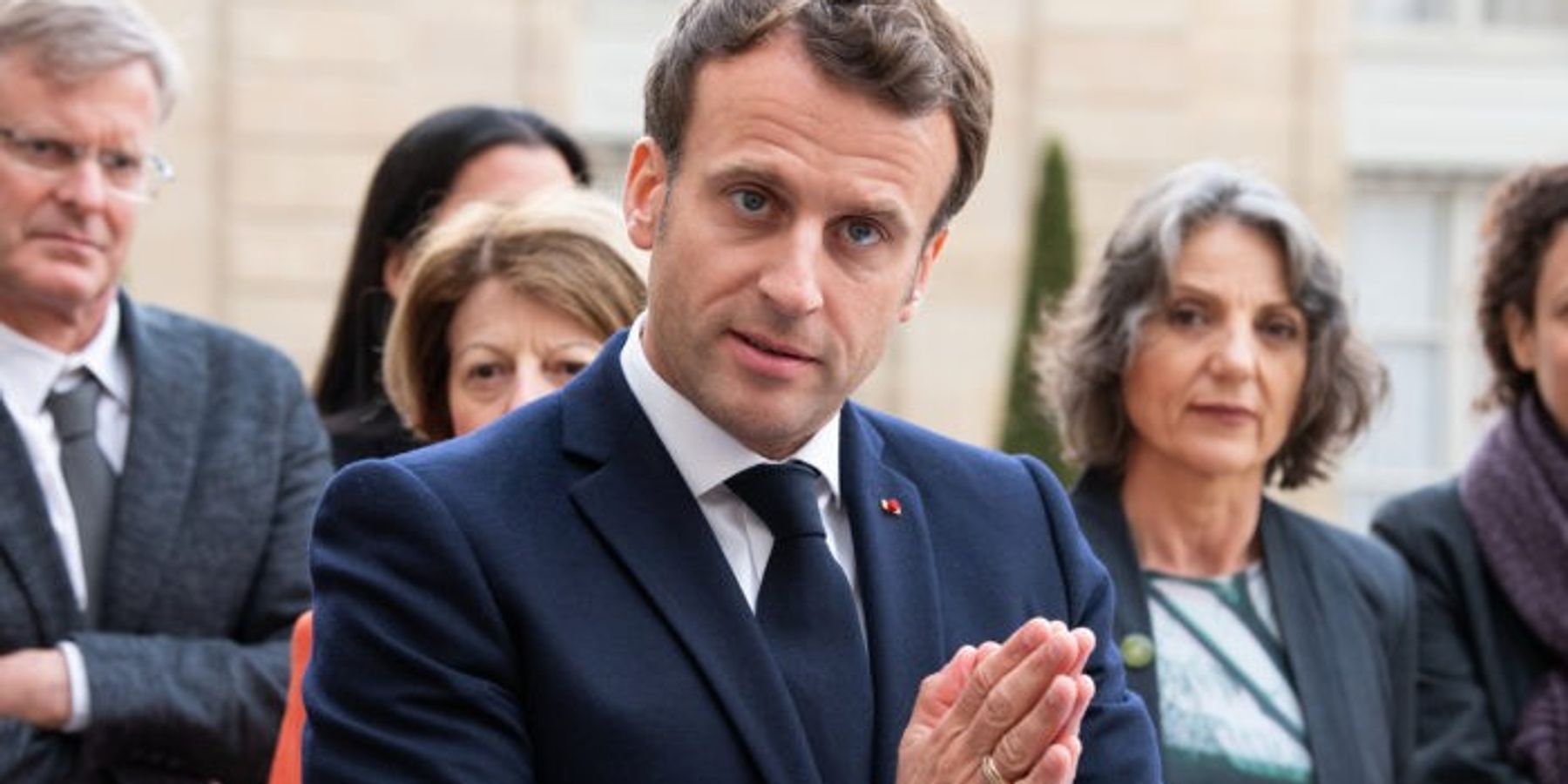President Emmanuel Macron of France recently warned that “our Europe, today, is mortal. It can die.” While he was alluding to external threats like Russia’s invasion of Ukraine and America’s wavering commitment to its European allies, the most immediate danger to his vision of Europe comes within France itself.
Europe stands deeply divided as rising nationalism and euroscepticism threaten to erode the foundations of its post-war unity project. Nowhere is this division more apparent than in France, where Macron’s vision of a strong, unified Europe clashes with growing domestic discontent and a resurgent right-populist movement.
Earlier this month, Macron dissolved France’s National Assembly and called for snap elections after his Renaissance party took a significant beating from Marine Le Pen’s far-right National Rally in the European Parliament elections. The first round on Sunday delivered another victory to the party, which won a third of the vote. The leftist coalition, the New Popular Front, closely followed with 28% and Macron’s centrist coalition trailed in third around 20%.
The populist right is gunning for the 289 seats required for an absolute majority, and current projections for the second round on July 7 show the National Rally winning anywhere between 230 and 300 seats. If Macron’s hope was to cobble together enough support to maintain a ruling majority, results so far show he has failed.
Instead, in calling for snap elections, Macron has inadvertently paved the way for France’s first far-right government since World War II.
This has dealt an embarrassing blow to the French establishment. While Macron was preoccupied with grand narratives about democracy and authoritarianism, a survey I helped lead across the U.S., U.K., Germany, and France revealed that French citizens were far more preoccupied with domestic challenges.
Wildly unpopular policies, from increasing fuel taxes to pension reform, have turned much of the country against Macron. His approval rating has sunk to the lowest level since 2018, when protestors in yellow vests set fire to the streets of Paris. Facing enormous domestic discontent, Macron turned his attention to foreign policy hoping that support for Ukraine would bolster his image as a strong leader and defender of democracy.
But our data showed that Macron’s hardline stance on the Russia-Ukraine war failed to resonate with his constituents. He even suggested sending Western troops into battle, a proposal swiftly rebuffed by other NATO countries.
Our survey confirms that the majority of people in France are eager to end the war, even without an outright Ukrainian victory. In fact, when we asked Europeans whether NATO member countries should push for a negotiated settlement between Ukraine and Russia, “yes” answers were selected more than twice as often as “no” answers.
This was one area Macron hoped to outcompete Le Pen, whom he has accused of being beholden to Vladimir Putin. During her 2022 presidential run, Le Pen advocated for closer ties with Russia and pulling France out of NATO’s military command. But she has since softened her stance — and skillfully calibrated her party’s platform to public opinion. While Euroscepticism remains core to its nationalist agenda, National Rally now supports providing material aid to Ukraine, barring actions that might trigger a broader war.
The silver lining for Macron is that he aligns with public sentiment on European defense more broadly. Our research shows his pitch for “strategic autonomy” resonates with a large majority of Western Europeans who believe Europe should take primary responsibility for its own defense while maintaining military ties with the U.S. through NATO.
Despite these challenges, Macron still has cards to play. The center-right European People’s Party, which holds the largest number of seats in the European Parliament, aligns with his vision. EPP leader Manfred Weber’s enthusiasm for extending the French nuclear umbrella across Europe provides a potential path forward. A strategic alliance focusing on common issues like security could serve as a bulwark against far-right influence at the EU level.
If forced to nominate a prime minister from Le Pen’s party — likely the 28-year-old Jordan Bardella — Macron’s domestic influence would be severely curtailed. Yet this constraint could provide an opportunity. With foreign policy in his purview, Macron has a chance to cement his legacy and impact on his continent’s future.
Macron’s gamble could either reinvigorate the European project or hand power to those who would dismantle it. The irony is that Macron’s bold move to save his vision for European unity and strategic autonomy might be what destroys it.
- How much did the right really gain in Europe? ›
- Marcron v. Le Pen: What the French election means for the US ›
















